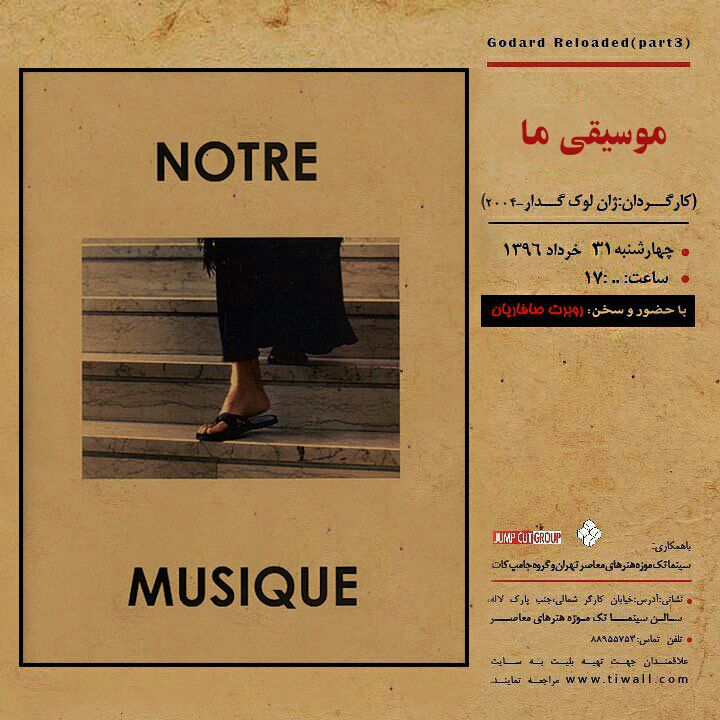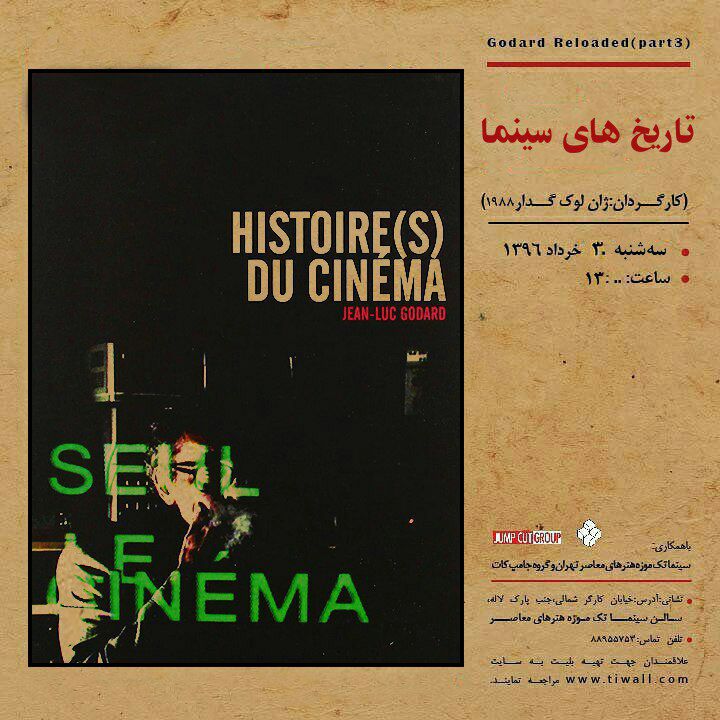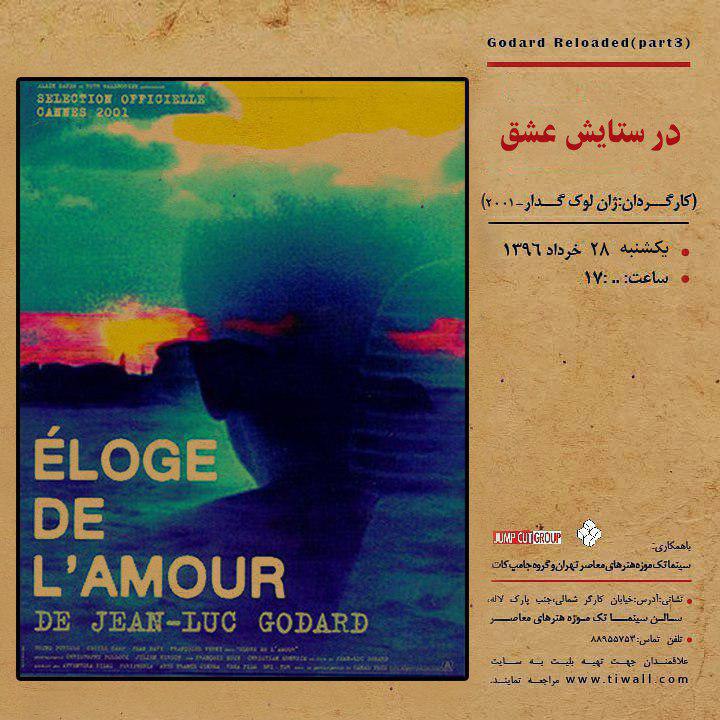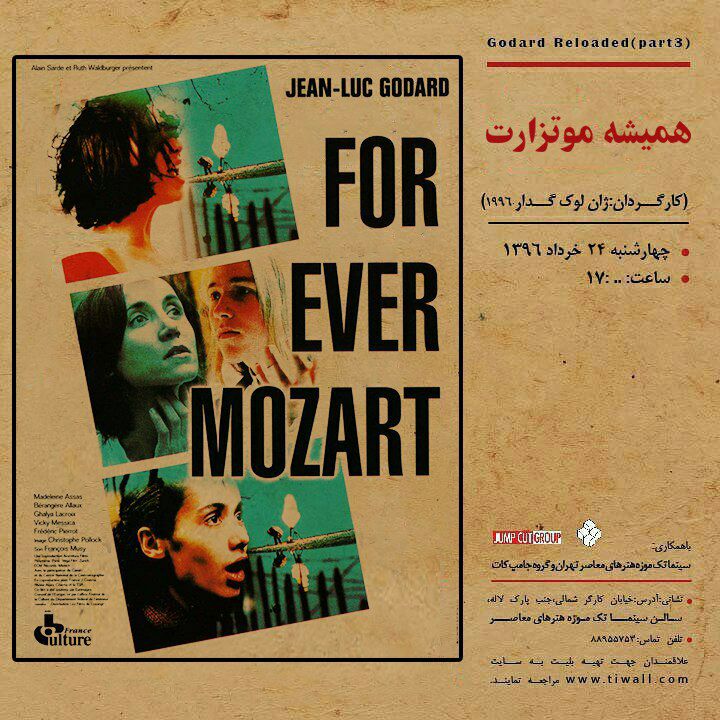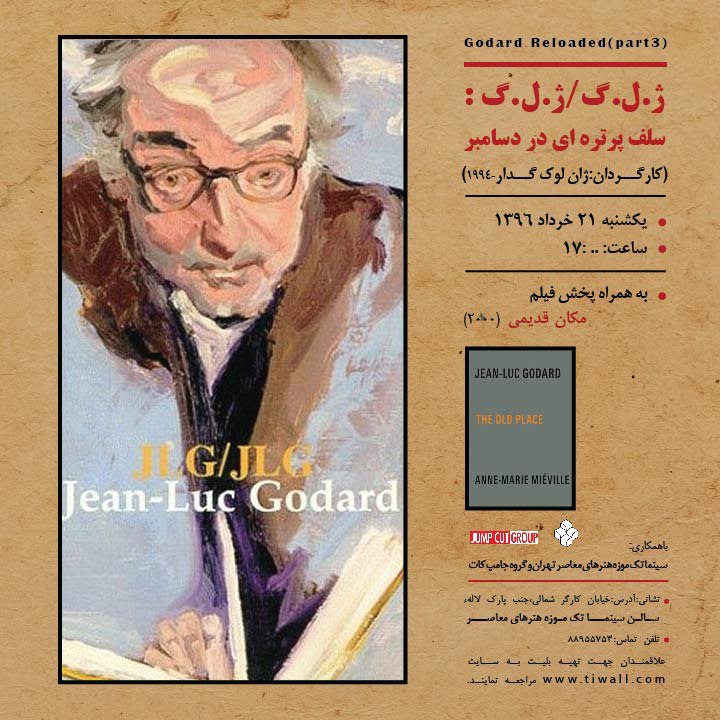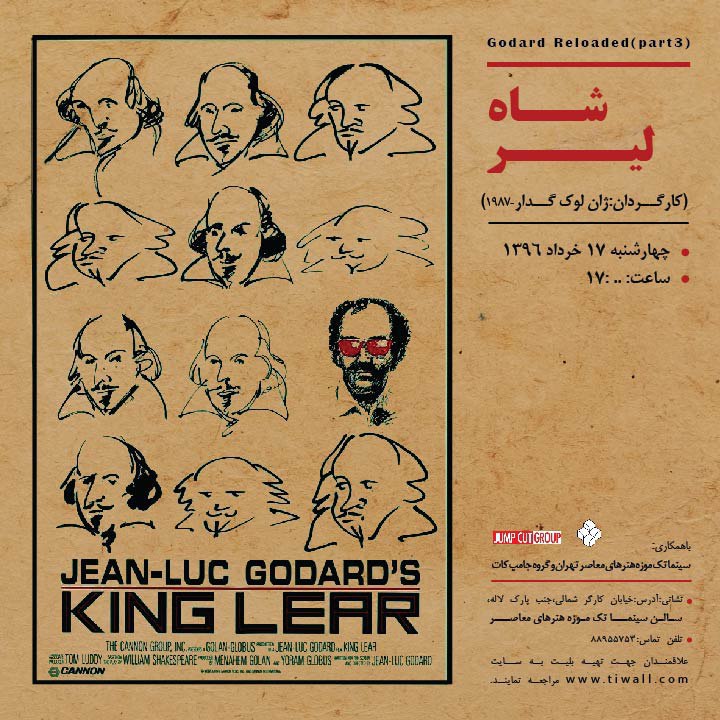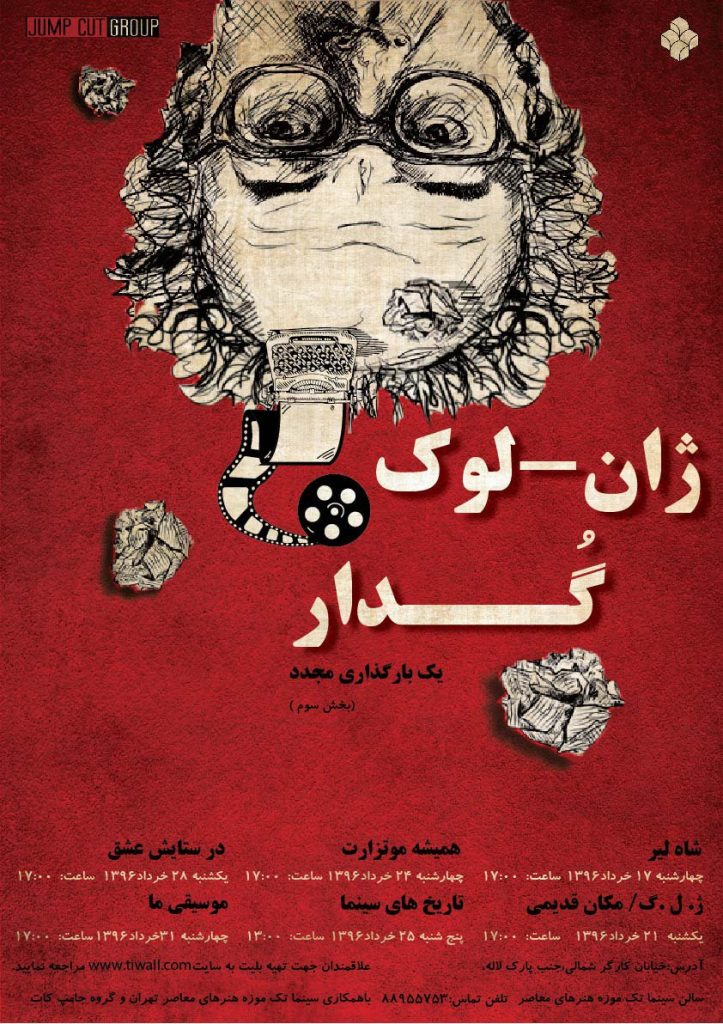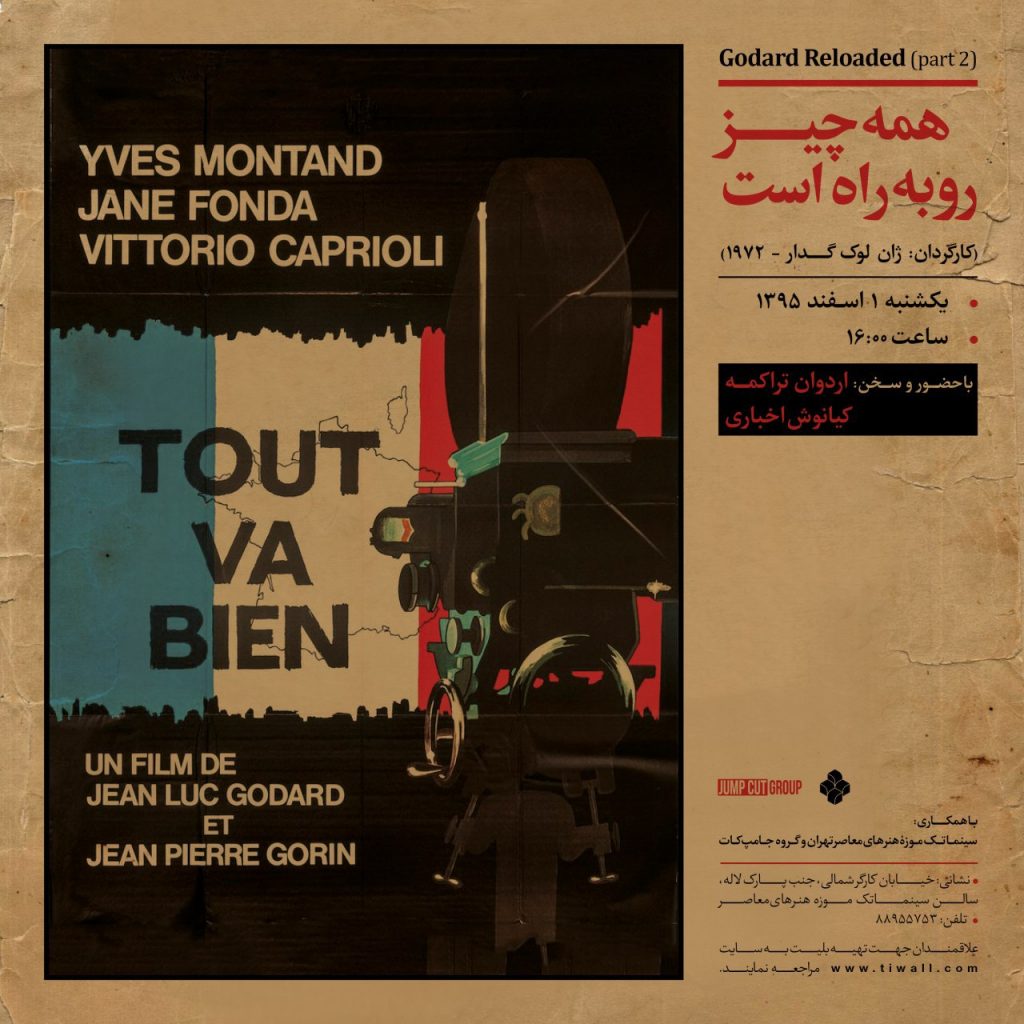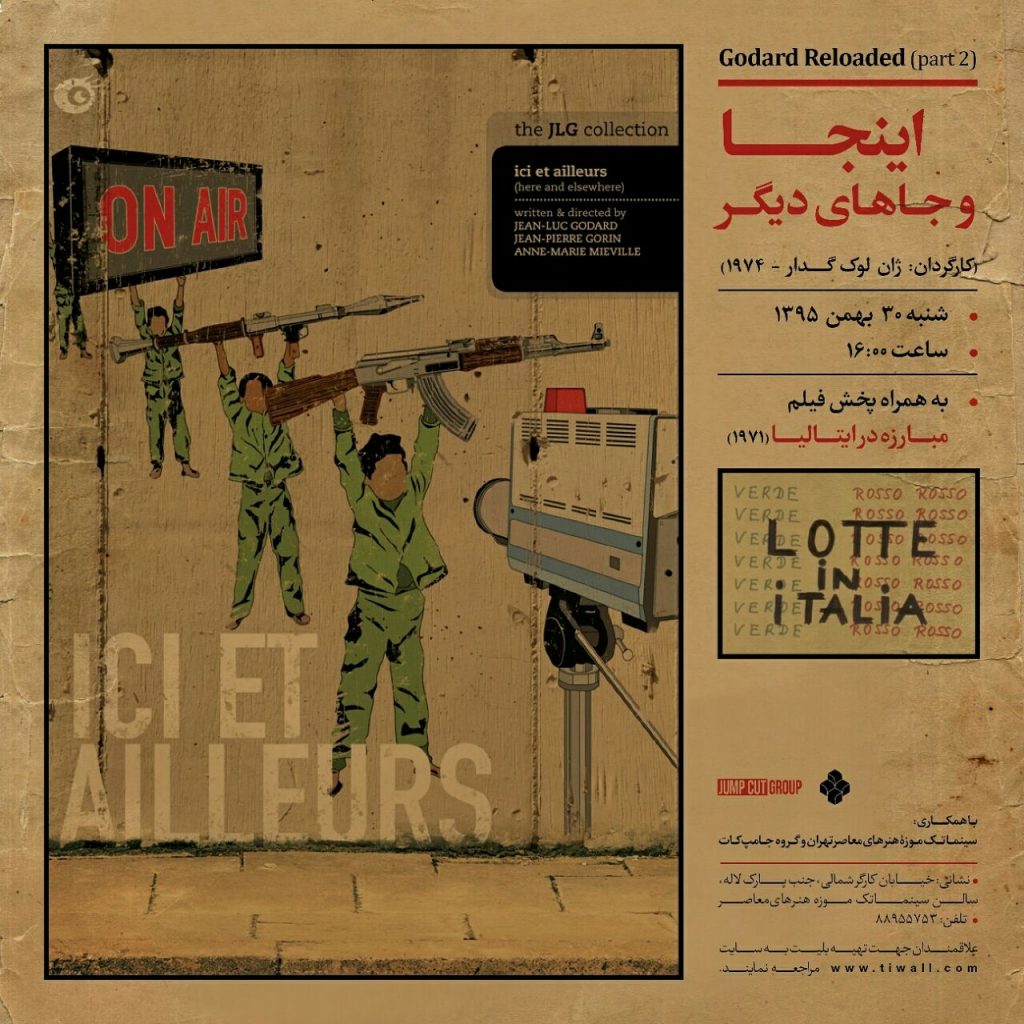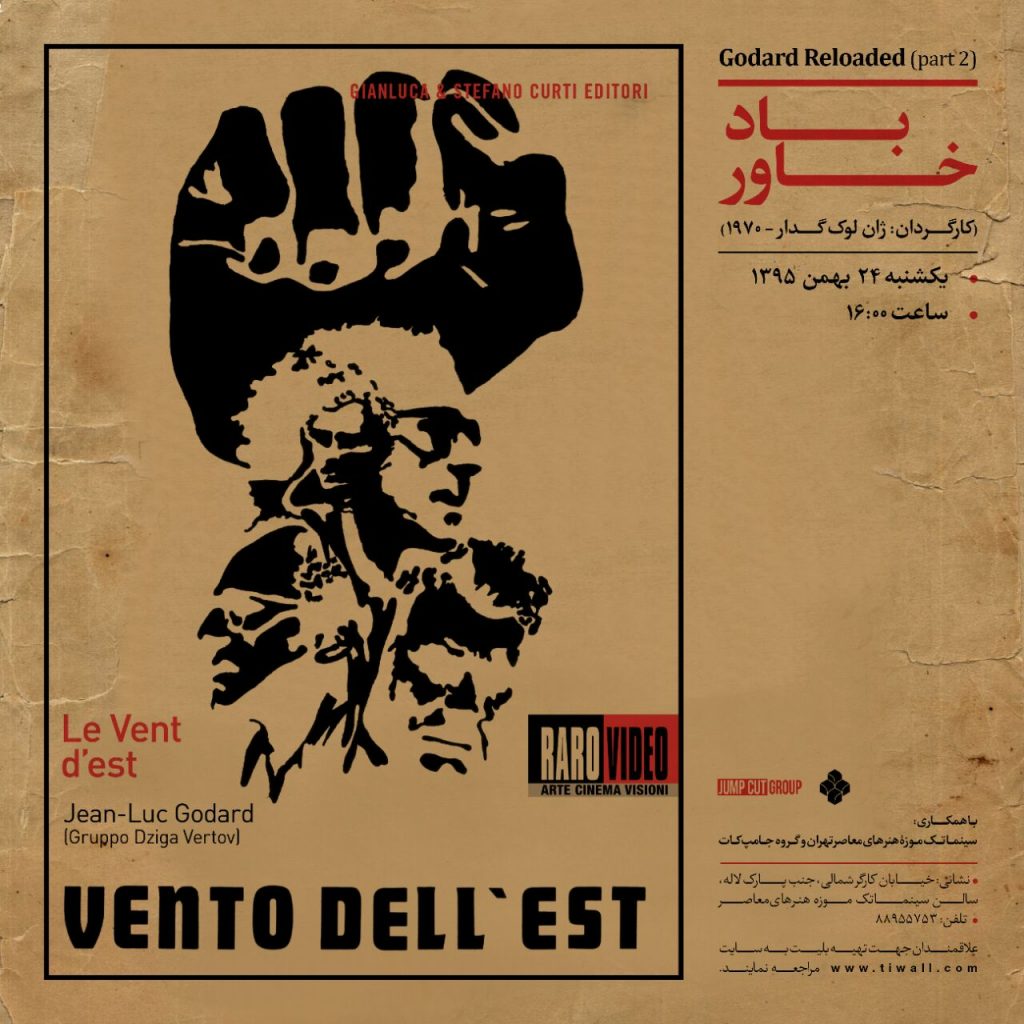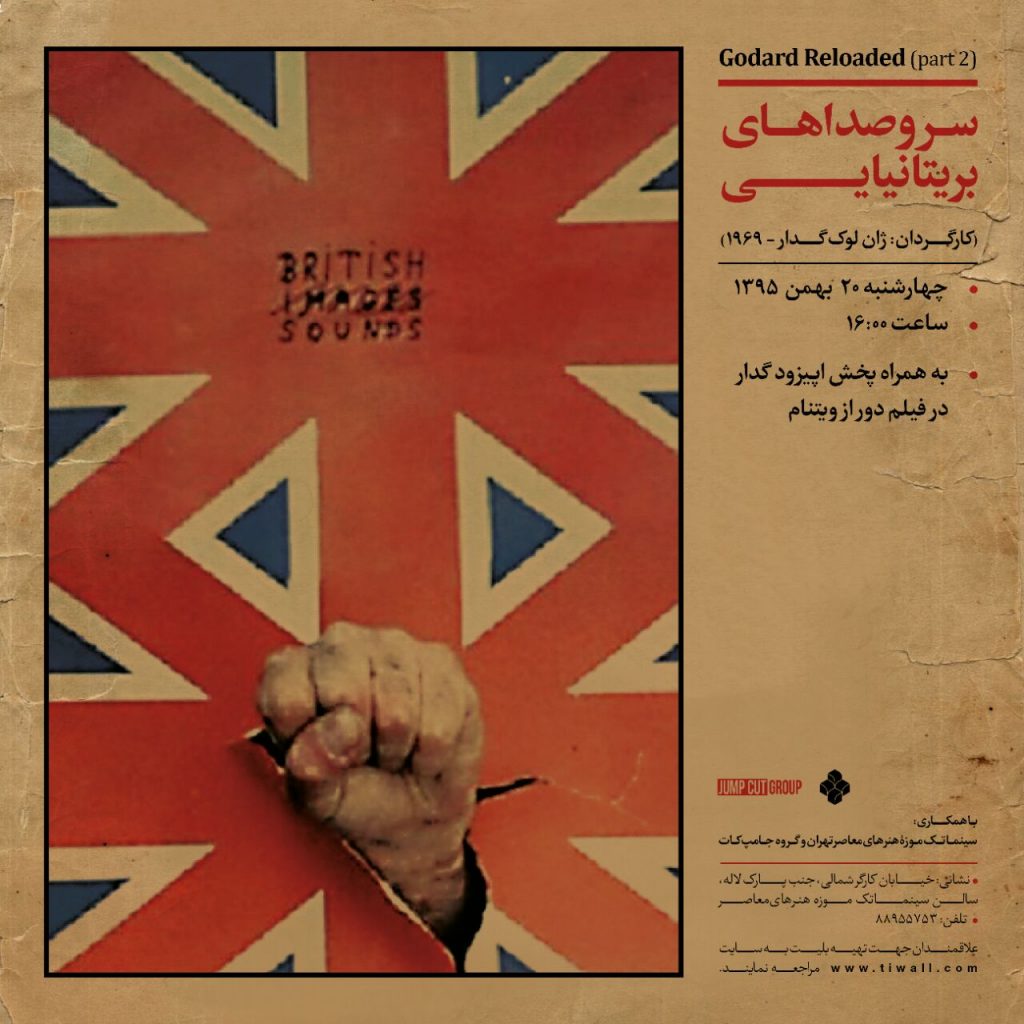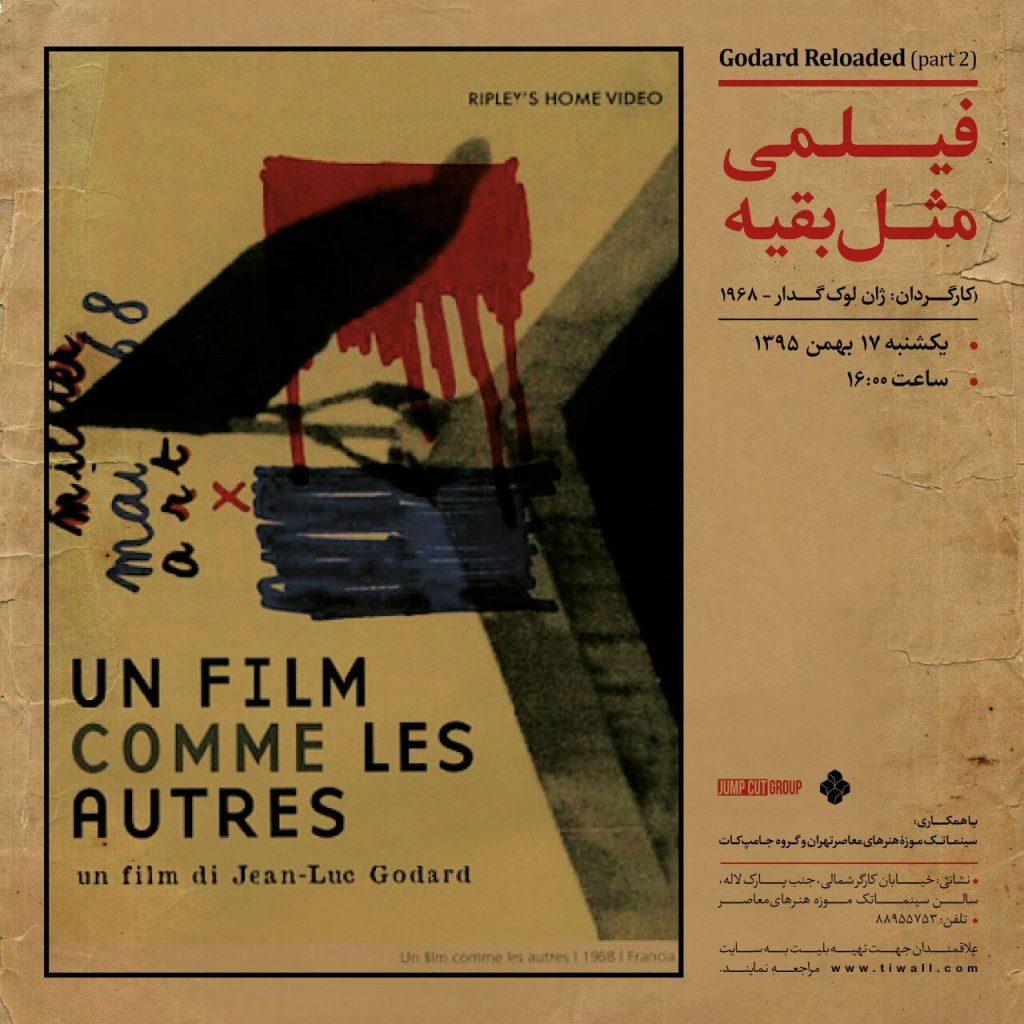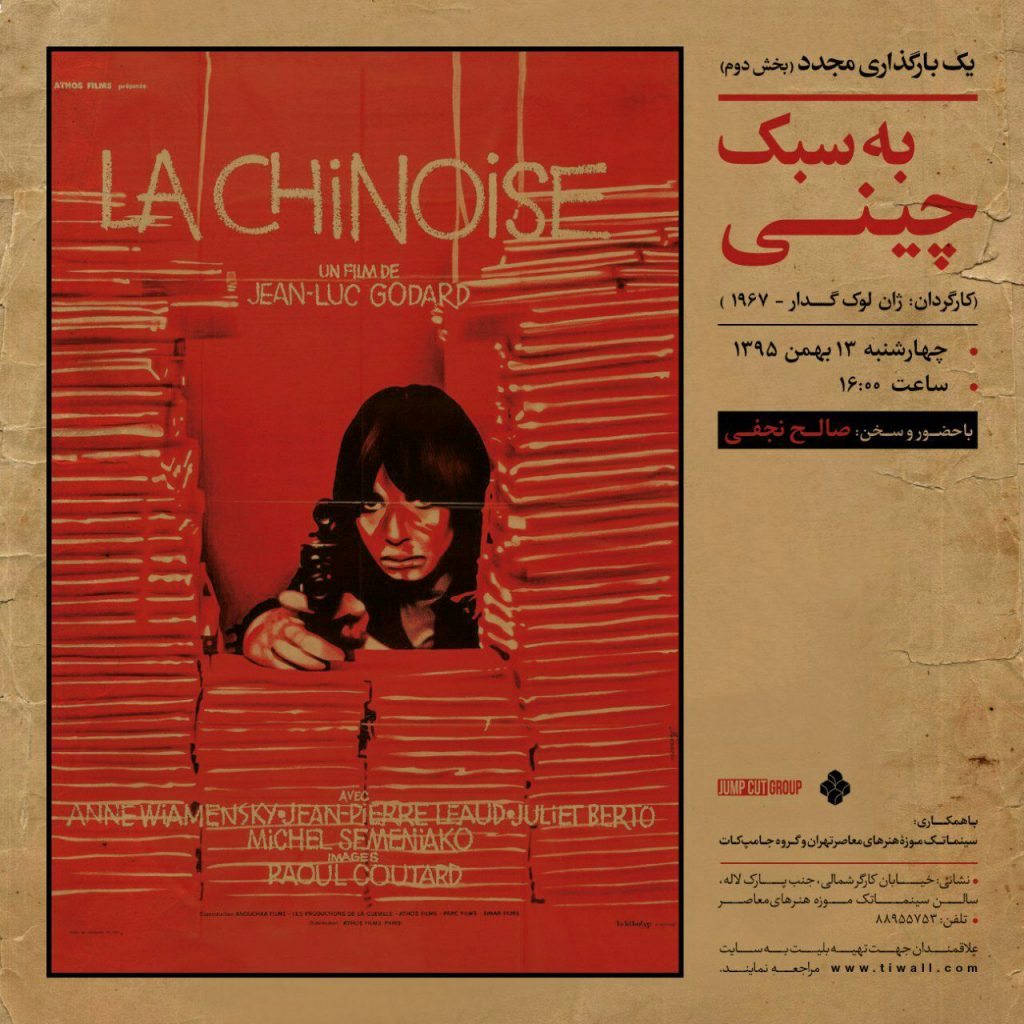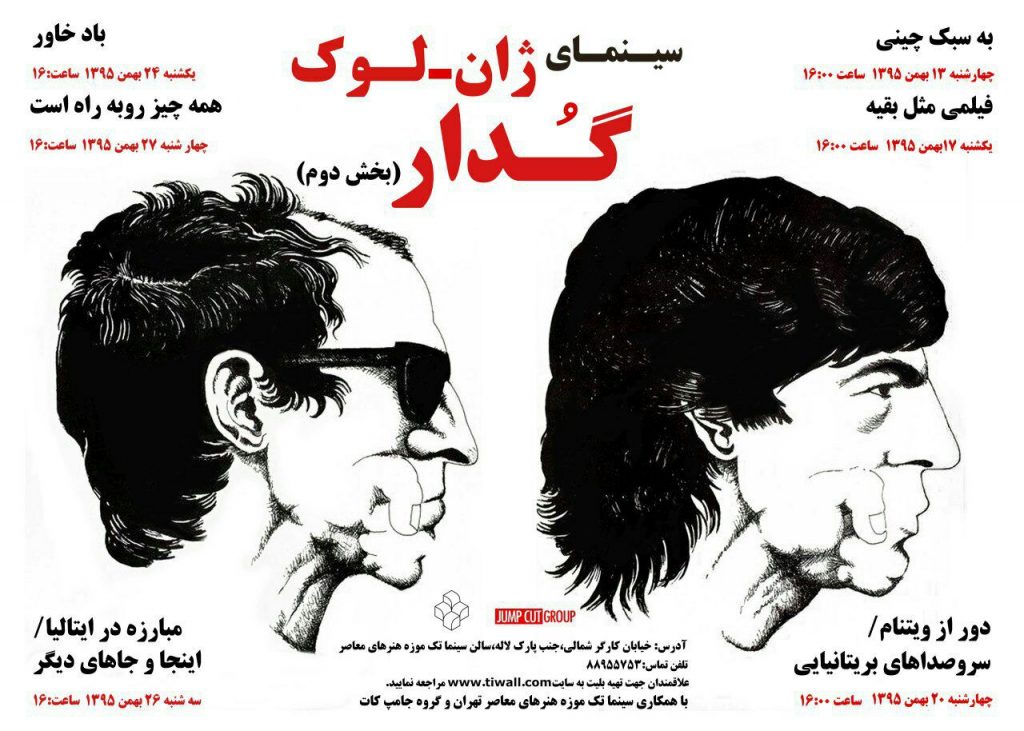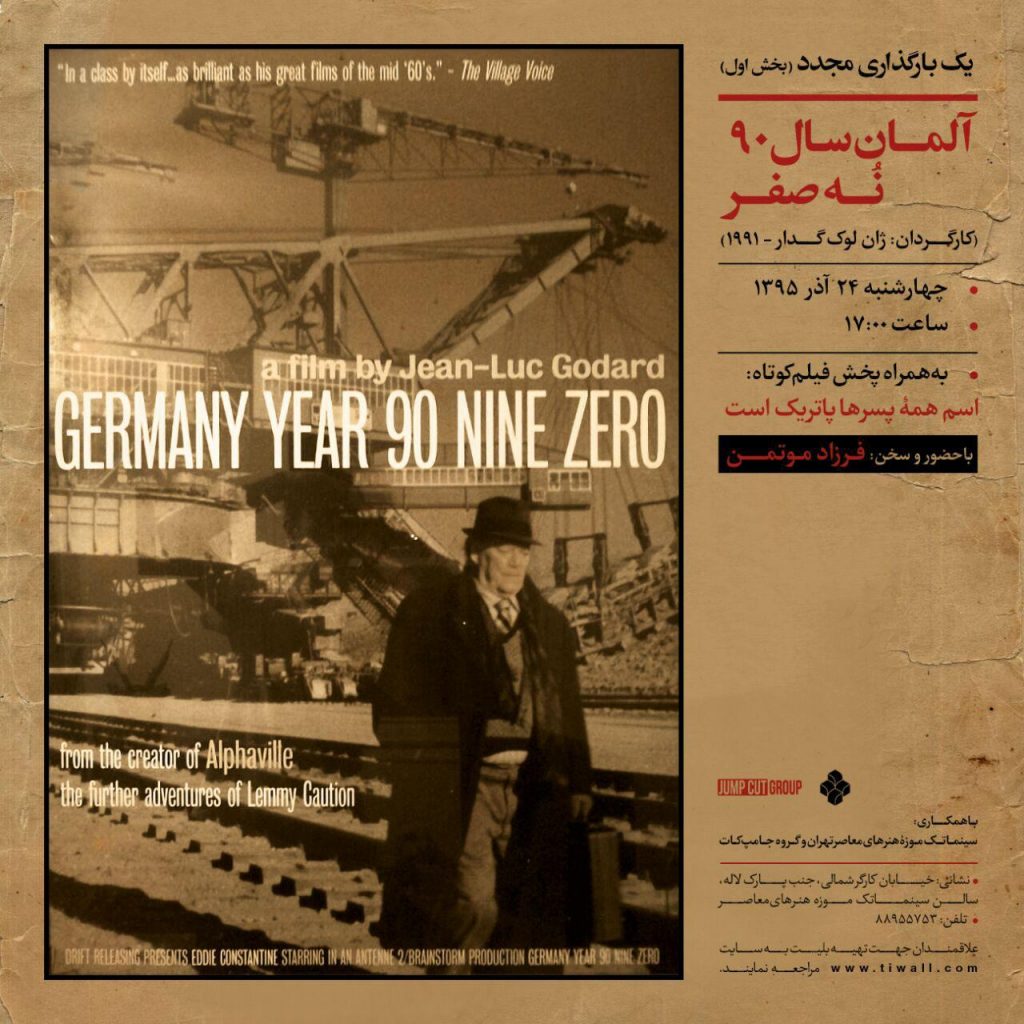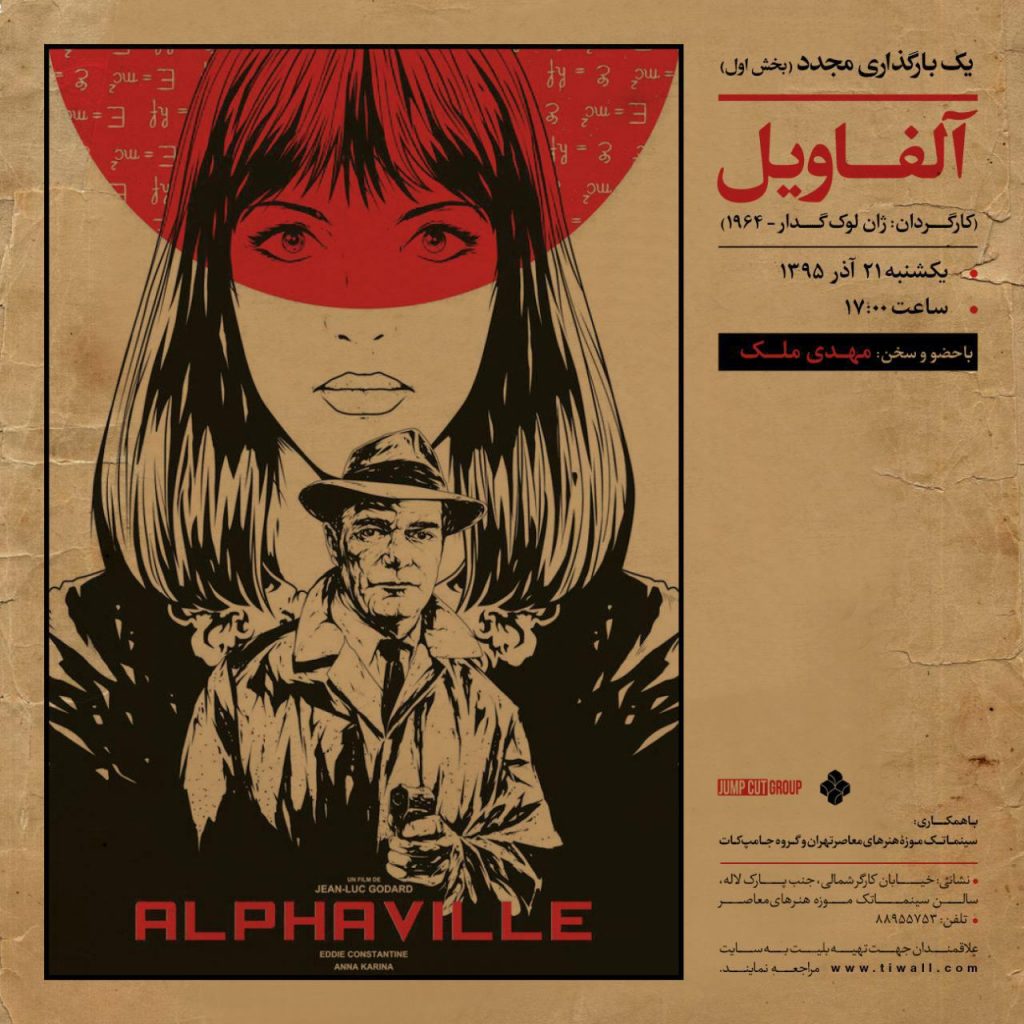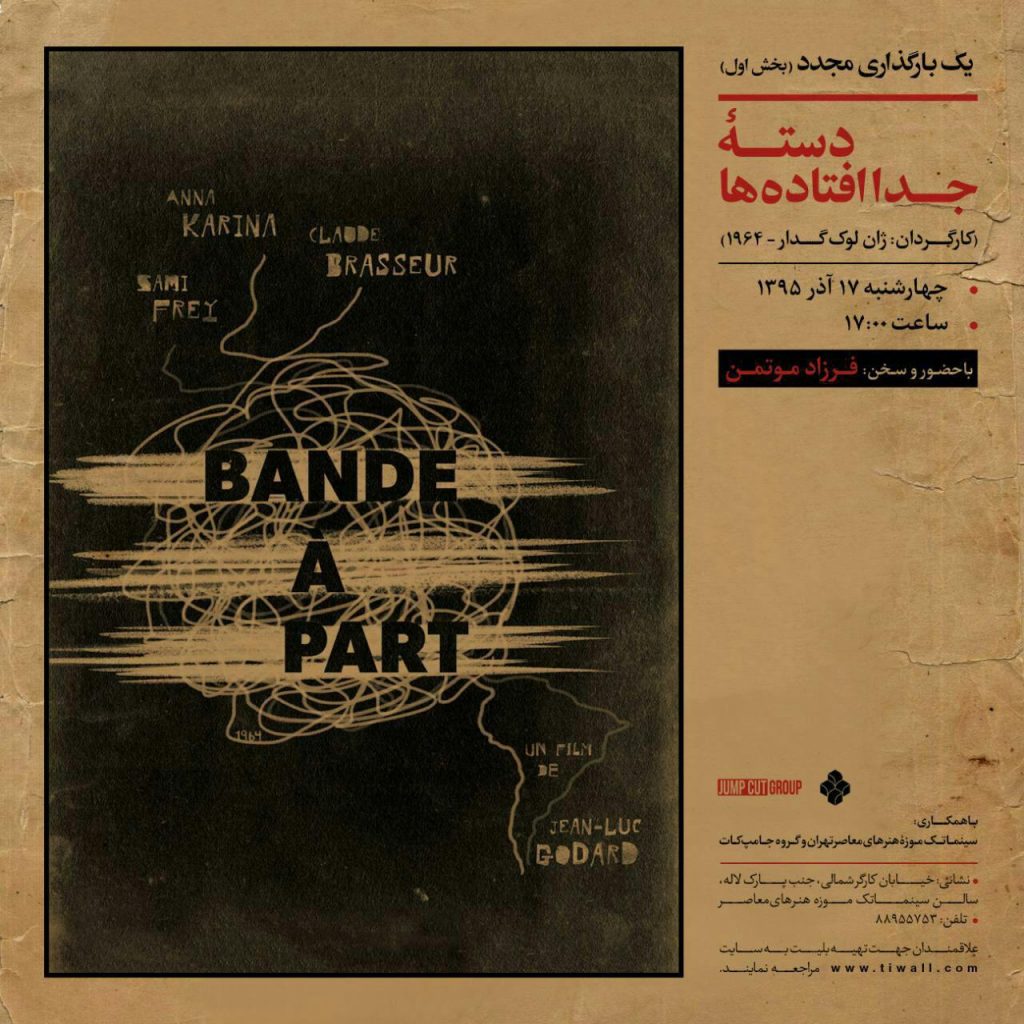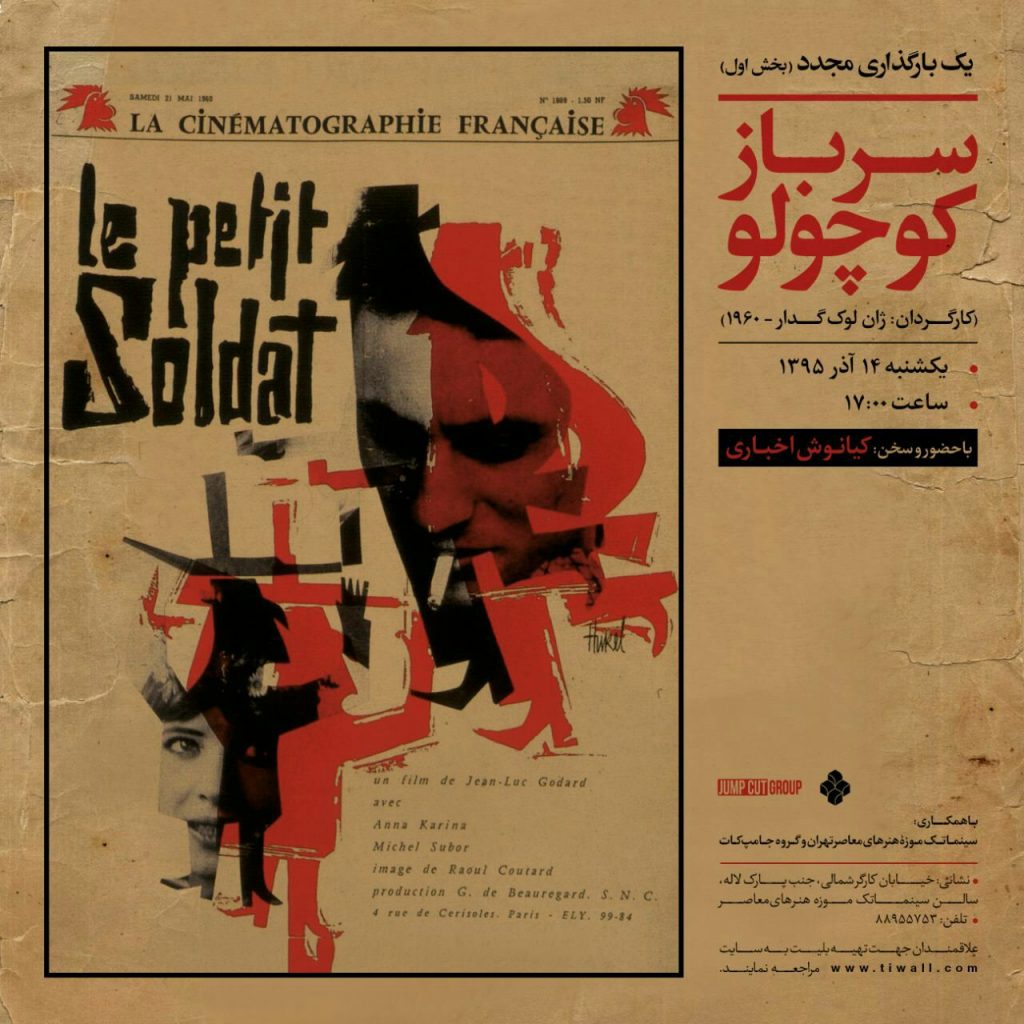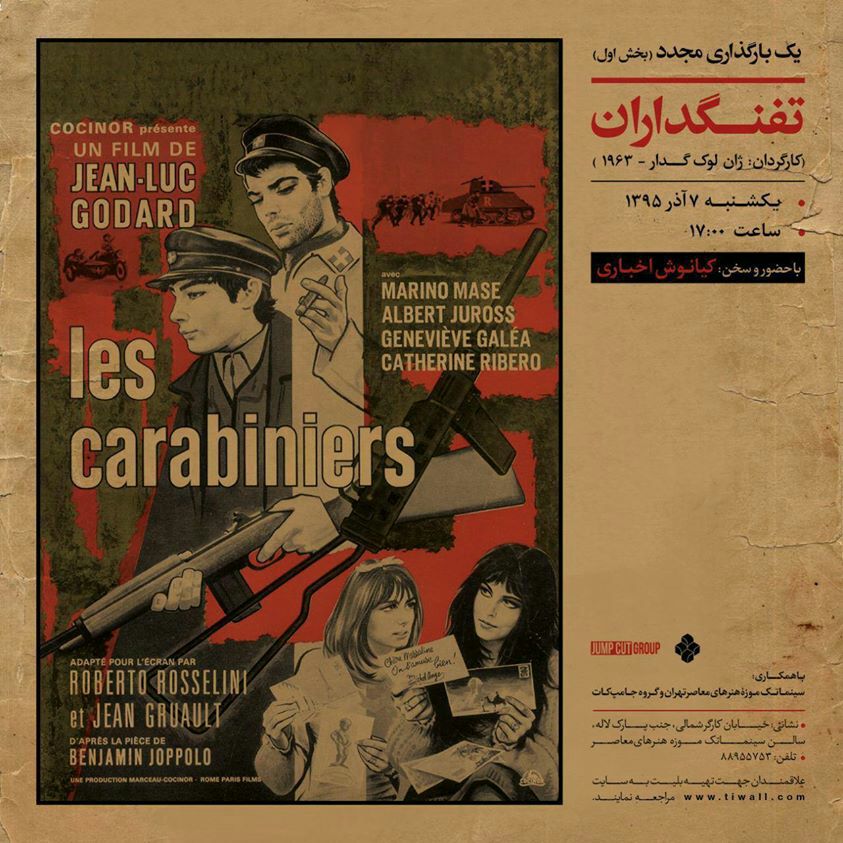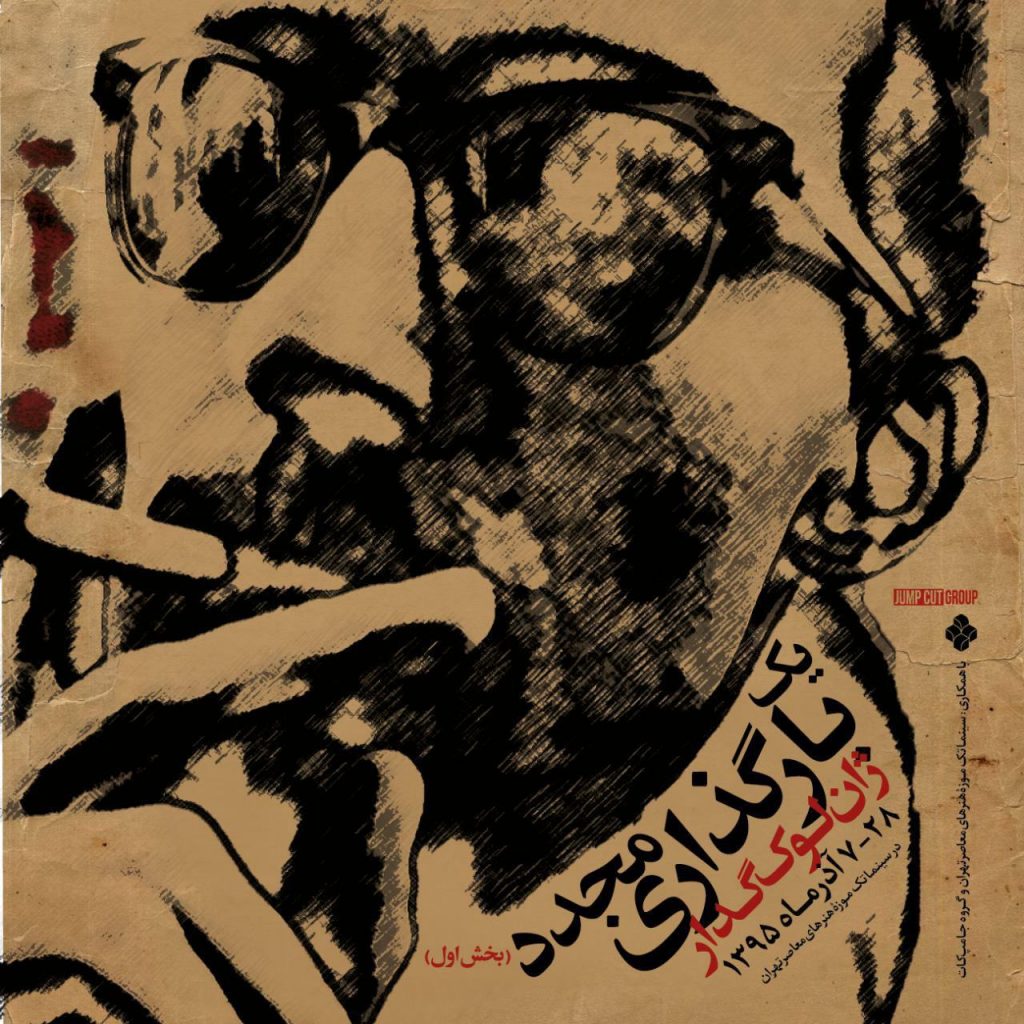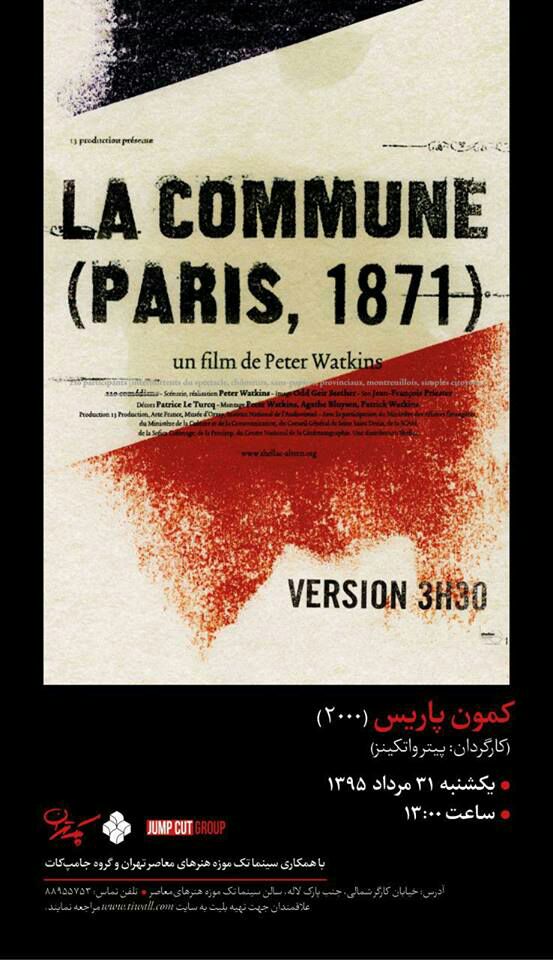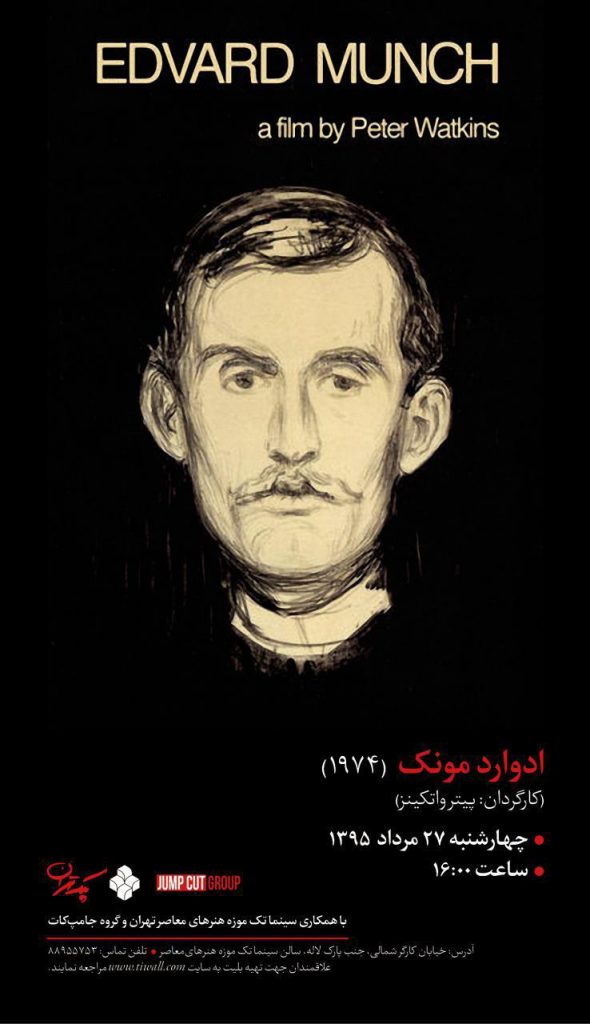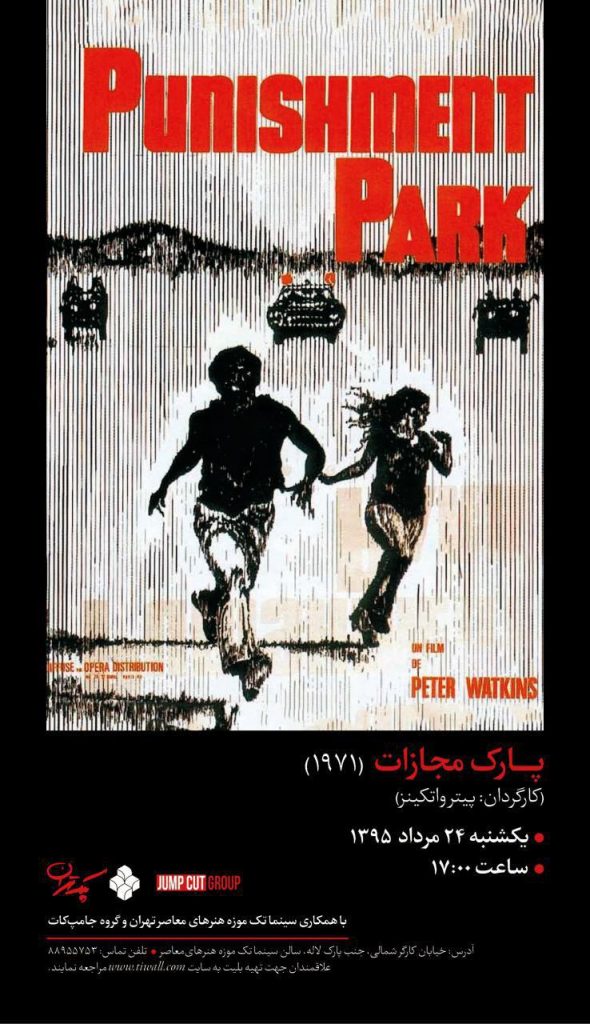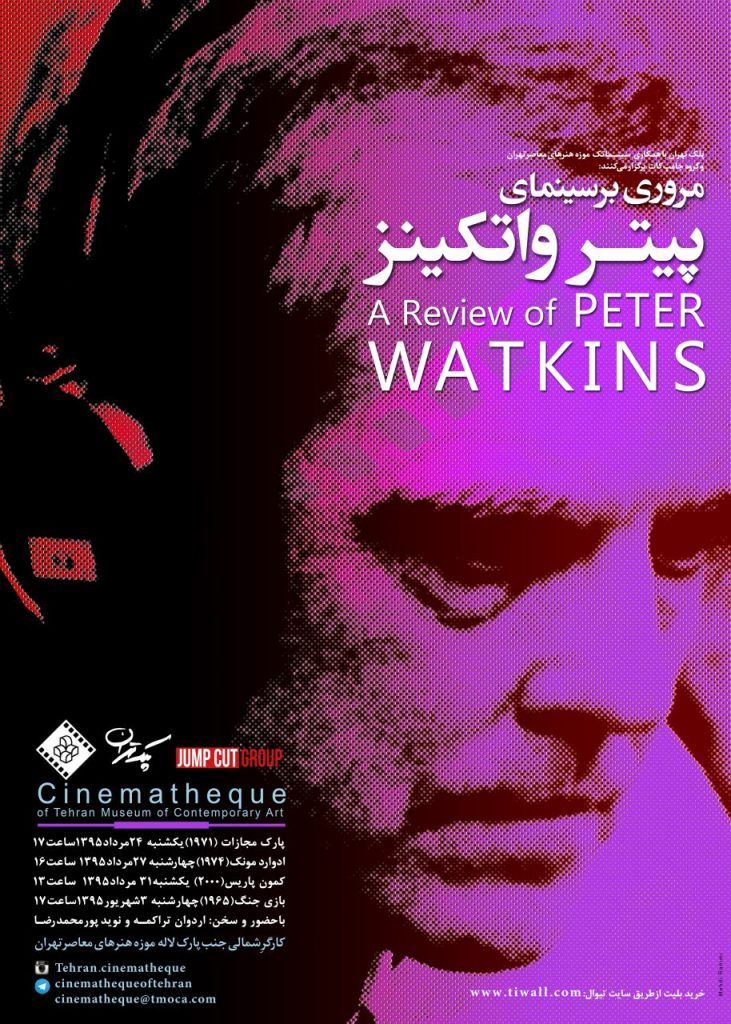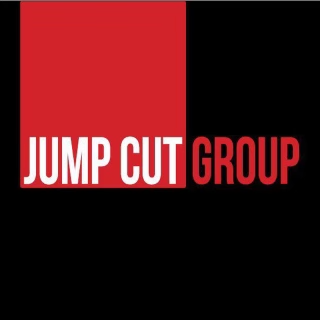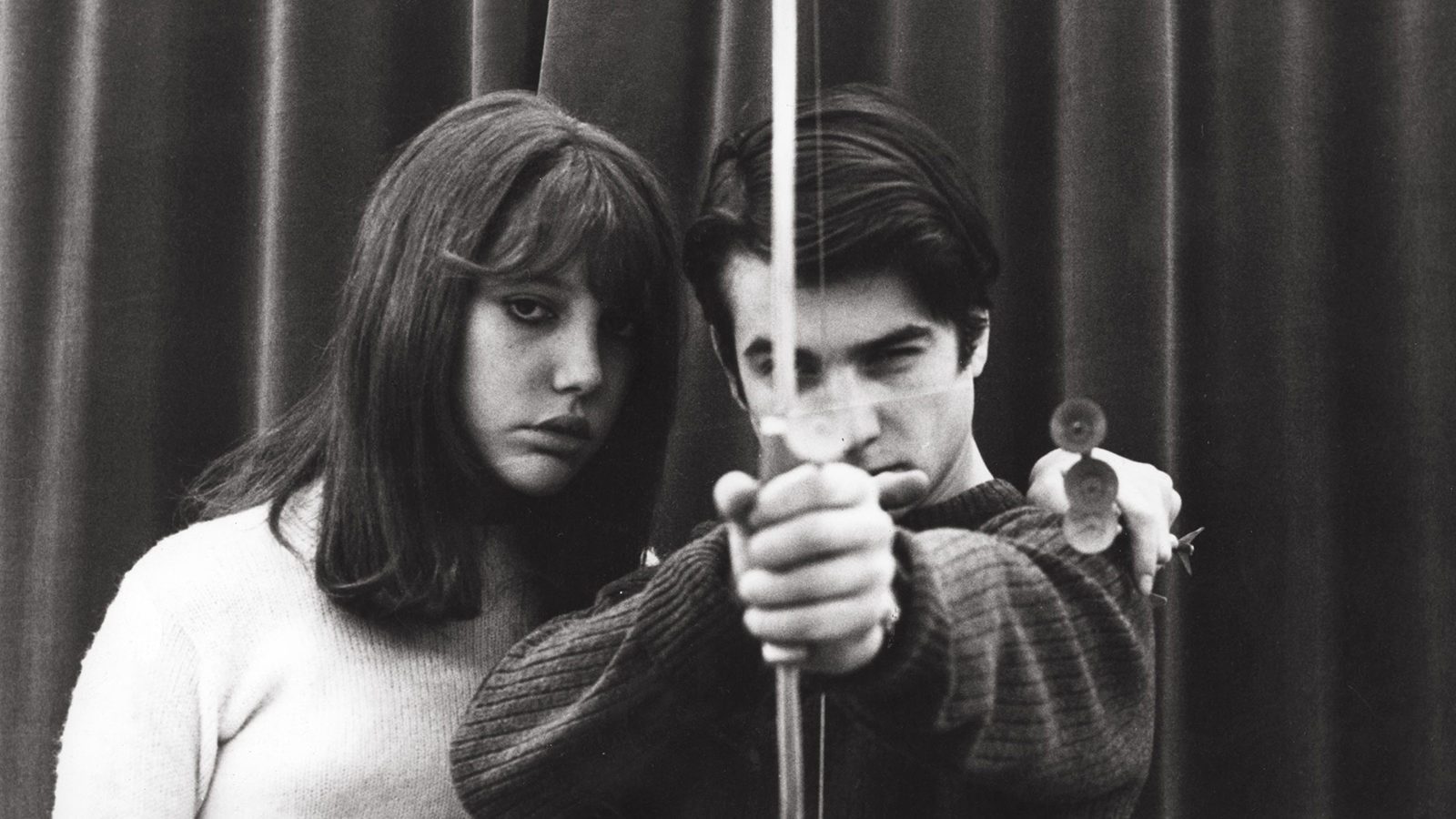Workshop about “essay-film and political camera” at Flaneur Institute
September 2023

Ardavan Tarakameh and Mina Eftekhari, members of the Jump Cut group, held a workshop at the Flaneur Educational Institute in Tehran with the aim of training and making a video essay.
In this course, while familiarizing with the history and various approaches in this method in filmmaking, it was said about the necessity of turning to video-essay in the current era and how to produce films with a high production speed and a unique aesthetic that Especially at a time when people are fighting collectively in the form of a mass movement, they can take over the narrative and representation of the movement by making video-essays.
In the end, this workshop ended with the creation of a collective film with the theme of “Body-City” and all the students who participated in this workshop experienced their first exposure to filmmaking and their collection of works in the form of a 50-minute episodic film. It was screened underground at the Flaneur Institute.
Among the topics of this course, we can mention the familiarity with the cinema of Godard and Marker to Hito Steyrel and the Latin American third cinema, as well as discussions about the thinking of essays and the politics of essays.
September 2022

The “Political Camera” film course is an inner journey with and through cinema to the continent of history. Here, cinema is not just a tool for reading political, social or philosophical concepts. We are not going to look at films through the hierarchy of valuations that have nothing to do with cinema and only make films the object of our research. Our question is: how does cinema think? How does it represent? How does it participate in the construction and establishment of history and human societies, without being the only political tool? What is the special aesthetics of political and social cinema? In fact, how can we make a better world and a more beautiful world with and through cinema?
Therefore, it is necessary to stay away from the typical philosophical positions and first of all to “dwell” in the era of cinema itself. Because based on Gramsci’s thesis, we have learned that “art is only educational as art, not as educational”. Accordingly, cinema is educational and liberating only as cinema, not when it reduces itself to a mere tool of education.
In each period, we try to question various forms of representation in order to be able to partially identify the relationship between cinema and the century. The issue is not about this or that specific technique, what is important is the dispositive mechanisms (apparatus), production means, production methods, documentary or story, conflict or distancing, intervention or observation, and everything that recognizes cinema in its contradictions: there that cinema can be deadly or liberating at the same time.
first round:
Dialectic of realism in political and militant cinema, Kianoush Akhbari
Second period:
Documentary and Critical Imagination: Passing Reality from Philosophy to Politics, Pouria Jahanshad
Third period:
The aesthetics of the poor: the role of the camera in the development of alternative aesthetics in the cinema of resistance, by Ardavan Tarakameh
Fourth period:
The third cinema as a critical act, Sepid Ghaemi
Jump-Cut Group’s podcast on the production method and aesthetics of liberating cinema–Ardavan Tarakameh-Kianouche Akhbari
–Social criticism cinema webinar, 2020.
The screening event of Jean-Luc Godard’s and Peter Watkins works with criticism and analysis
Between the years 2016 and 2018, the Jump Cut group screened a selection of works by Jean-Luc Godard and Peter Watkins, along with the analysis and lectures of Ardavan Tarakameh and Kianoosh Akhbari, at the cinematheque of Tehran Museum of Contemporary Arts.
